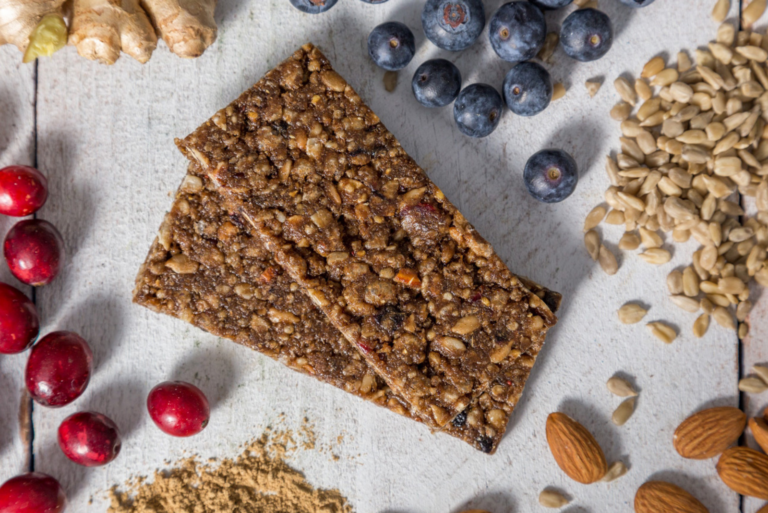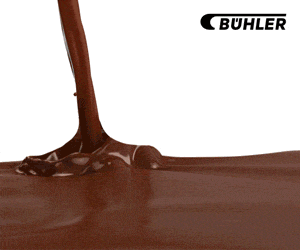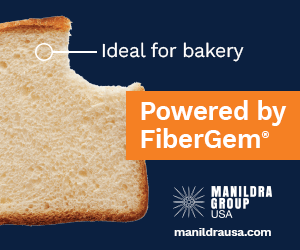This column is part of our Last Word series, which invites noted professionals to provide closing thoughts at the end of each issue of Commercial Baking. See the full issue here.
—
ST. PAUL, MN — Humans have had a relationship with bread for centuries, from the Bible calling it the “staff of life” to cultures using it in reference to currency. This once-unbreakable bond has certainly had its ups and downs in recent history, with the past 20 years seeing bread vilified by health-food fanatics, lauded by Oprah Winfrey and, most recently, hoarded by consumers during the pandemic.
There has also been a movement away from processed foods, both those that we would like people to choose more infrequently (such as soda and indulgent desserts) and others that we believe people should continue to eat … including bread.










